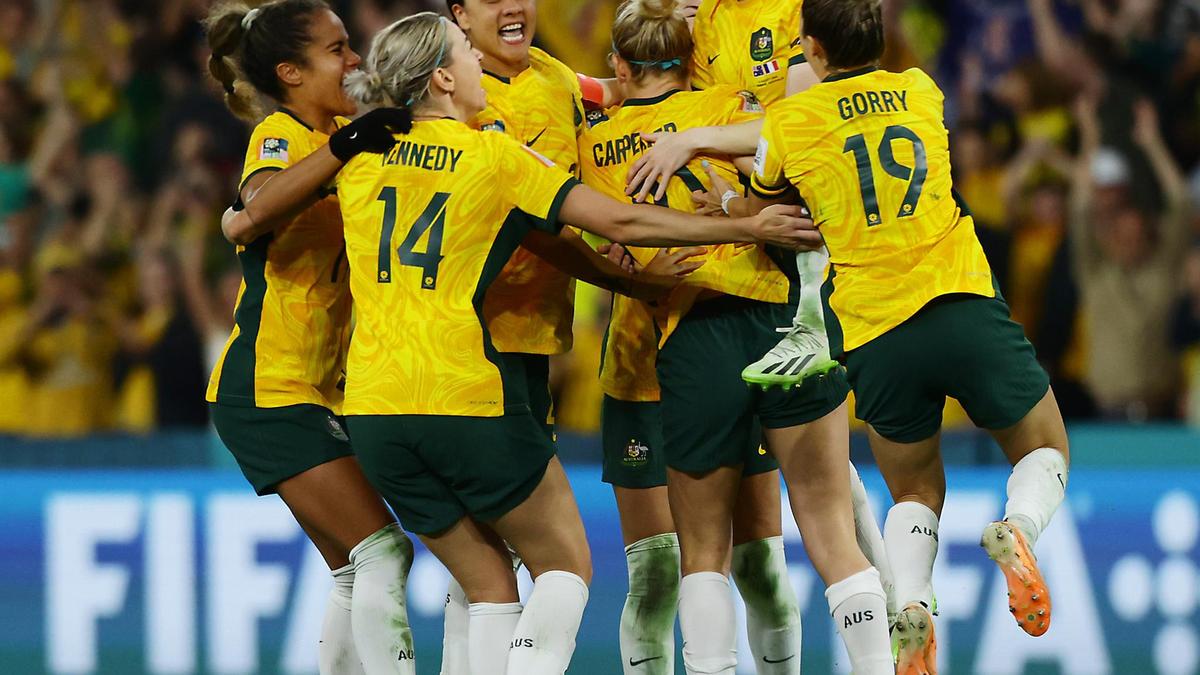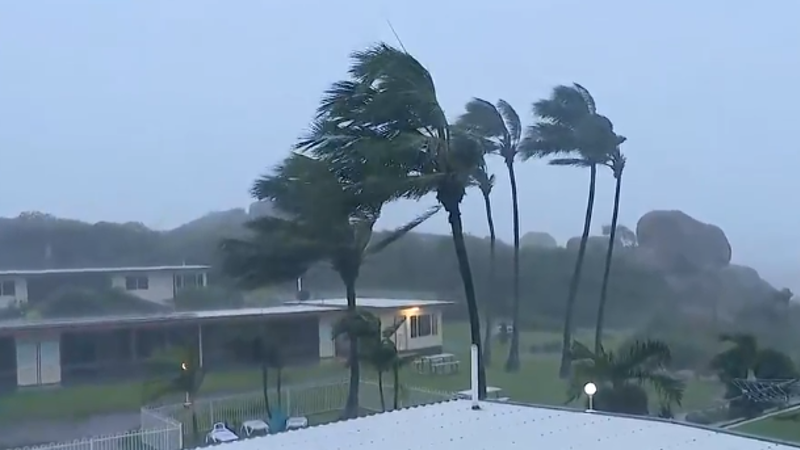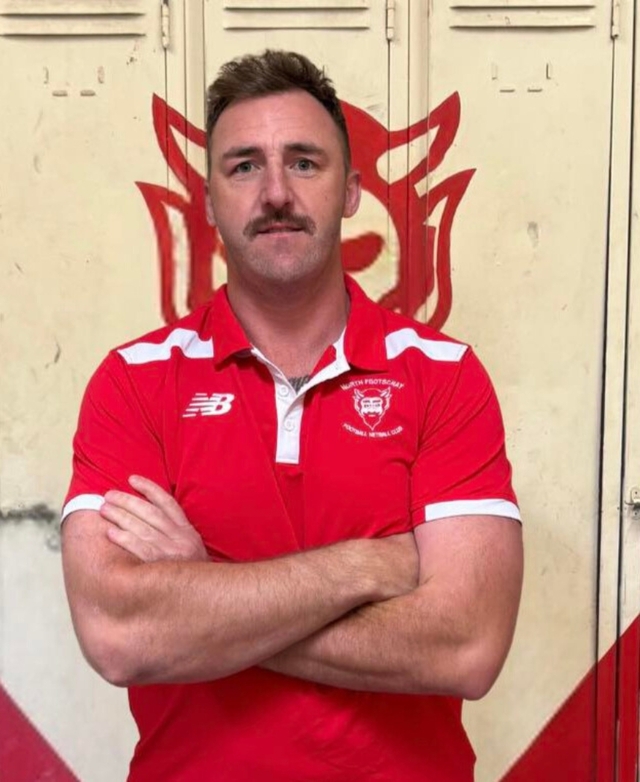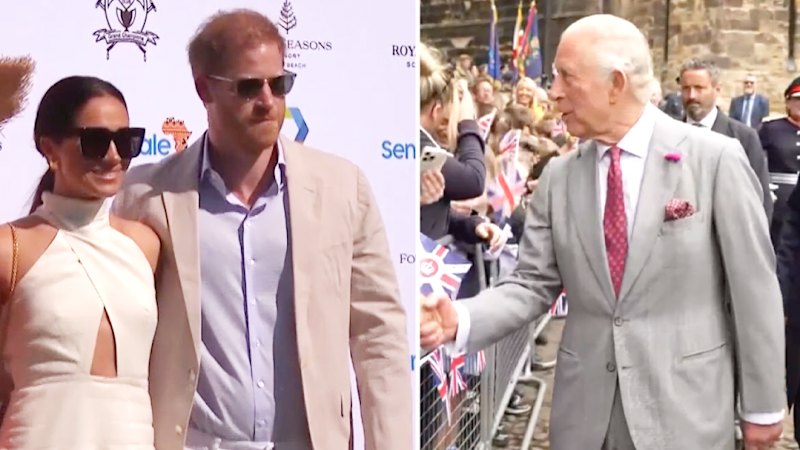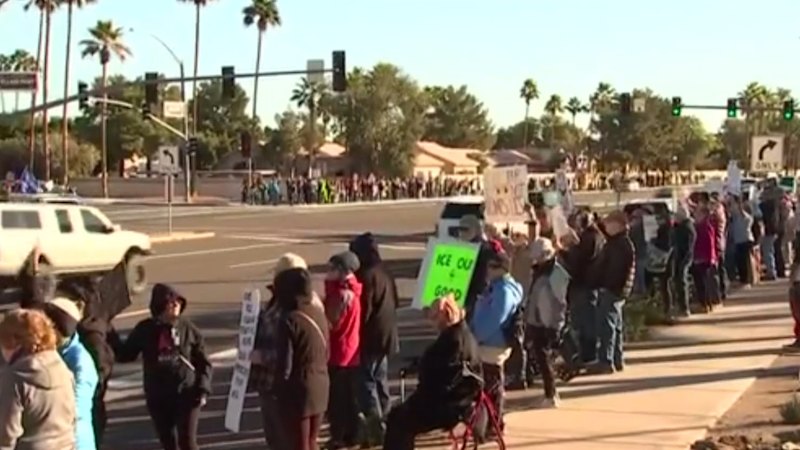
US Army Secretary Dan Driscoll recently held discussions with Russian officials in Abu Dhabi, marking a renewed diplomatic effort by President Donald Trump‘s administration to resolve the ongoing conflict in Ukraine. The negotiations took place as the Ukrainian capital, Kyiv, experienced a severe missile and drone attack, which resulted in at least six fatalities and significant damage to power and heating infrastructure.
Driscoll’s spokesperson, US Army Lieutenant Colonel Jeff Tolbert, stated that discussions were ongoing and expressed optimism about the progress being made. “Late Monday and throughout Tuesday, Secretary Driscoll and his team have been in discussions with the Russian delegation to achieve a lasting peace in Ukraine,” Tolbert said. The specifics of the negotiations remain unclear, and the composition of the Russian delegation has not been disclosed.
As part of the talks, Driscoll is expected to meet with Ukrainian officials to bridge the gaps between their positions on a potential peace plan. The urgency of these discussions is underscored by the continued Russian military actions, which have left many Ukrainians sheltering underground during the strikes.
The US has recently faced criticism for its fluctuating policy regarding the conflict. A hastily arranged summit between Trump and Vladimir Putin in August 2023 raised concerns among Ukrainian and European leaders about the US potentially conceding to Russian demands. These worries were further exacerbated by a new peace proposal, a 28-point plan, which emerged unexpectedly last week. Observers noted that this plan could pressure Ukraine to concede territory, limit its military capabilities, and prevent its future NATO membership—terms that Ukrainian officials have long deemed unacceptable.
In light of these developments, President Volodymyr Zelenskiy of Ukraine appears to be navigating a challenging political landscape. The ongoing corruption scandal that led to the dismissal of two ministers has weakened his position. Zelenskiy stated that while the latest peace plan included “correct” points, the sensitive issues would require direct discussions with Trump. He also indicated that a final agreement would be difficult to finalize.
Both Sergei Lavrov, the Russian Foreign Minister, and Zelenskiy have emphasized the importance of aligning any future peace plan with the agreements made during the Alaska summit between Trump and Putin. Lavrov insisted that the amended plan must reflect the “spirit and letter” of that understanding.
Meanwhile, a coalition of nations supporting Ukraine, which includes countries like Britain and France, is set to hold a virtual meeting to discuss the situation. French President Emmanuel Macron acknowledged the US initiative for peace but emphasized the need for further negotiations to ensure that any agreement does not equate to capitulation.
As the conflict continues to escalate, the prospect of achieving a lasting peace remains uncertain. The situation demands careful navigation by all parties involved, particularly as the humanitarian toll on civilians in Ukraine continues to rise.
